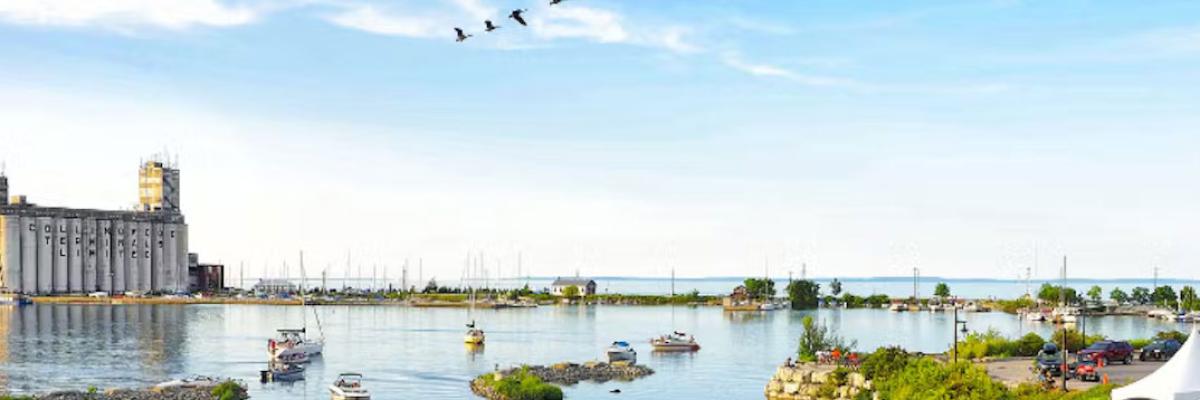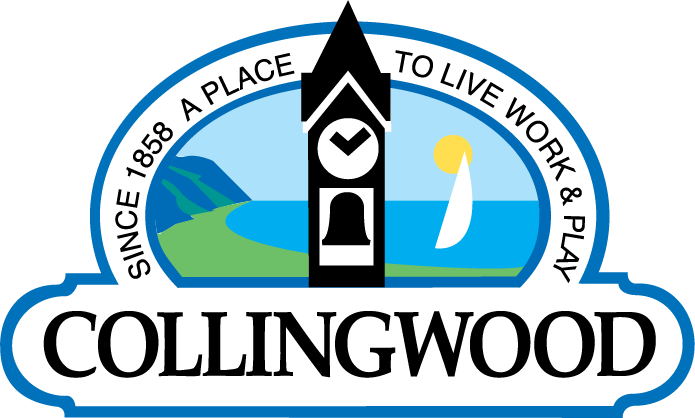
We welcome your feedback on the potential implementation of the Municipal Accommodation Tax (MAT) in Collingwood
The Town of Collingwood Council is considering a Municipal Accommodation Tax (MAT).
In April 2023, Council received Staff Report P2023-08, Consideration of a Municipal Accommodation Tax, approving industry and public consultation on the subject with an expected return to Council with recommendations.
As such, the Town is launching public consultation to better understand existing needs, challenges, and opportunities relating to a potential MAT in the municipality. A summary of the feedback/results will be provided to Council for consideration and will be used to inform recommendations regarding structure, governance, and implementation.
What is a Municipal Accommodation Tax?
The Municipal Accommodation Tax (MAT) is a tax levied on visitors who stay in commercial accommodations within a municipality. This tax was introduced in Ontario in 2017 as a tool for municipalities to generate additional revenue for tourism-related activities and projects.
The implementation of the MAT in Ontario is governed by O. Reg. 435/17: Transient Accommodation Tax, which is a regulation within Municipal Act, 2001, which was passed in 2017 by the provincial government, and outlines the rules and procedures for its collection and remittance.
Historically, the vast majority of implementing municipalities have set the tax at 4%, however all communities have flexibility to set the tax at whichever level they wish. A notable exception is the City of Toronto, which first set their tax at 4% and have raised to 6% effective May 2023. The tax is collected by the accommodation provider at the time of booking or check-in and is remitted to the municipality on a regular basis.
A minimum of 50% of the net revenue from the MAT must be given to an eligible NFP third-party tourism entity for the purposes of tourism promotion and development. The remaining revenues may be allocated at the discretion of the municipality.
Each municipality that chooses to implement a MAT can determine the types of accommodations that the tax would apply to (i.e.: hotels, B&Bs, short-term rentals, etc.). In general terms, stays of 30 days or less could be considered for the tax; regulations under the Municipal Act, 2001 do not define transient accommodation, providing the municipality with flexibility on how and where to implement the tax. However, there are exemptions to accommodations that can be taxed including hospital stays, post secondary dorms, shelters, treatment centers, etc.
A MAT does not extend to incidental fees and charges unrelated to the purchase of accommodation. For example, the purchase of a meal in a hotel restaurant could not be considered transient accommodation and therefore could not be made subject to a Municipal Accommodation Tax.
All single-tier and lower-tier municipalities have the authority to put a MAT in place. To date, over 40 municipalities in Ontario have implemented a MAT.
On December 2nd, 2024, Staff Report 2024-32 Municipal Accommodation Tax and Collingwood Tourism Master Plan were recommended to Council and endorsed.
